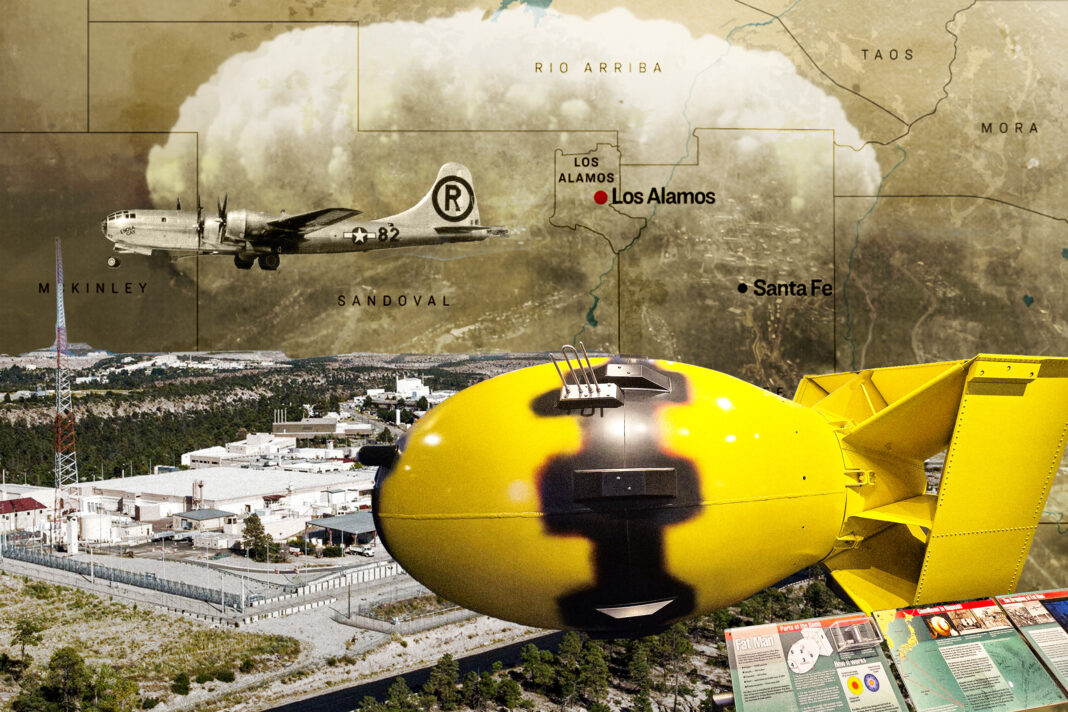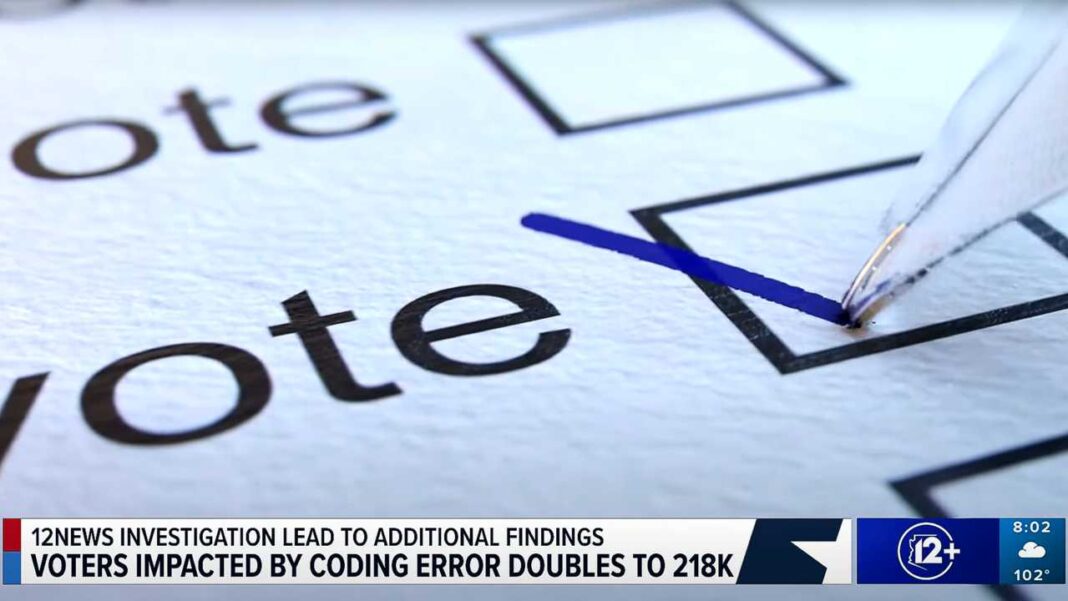A congressional investigation uncovered concerns about Chinese Communist Party (CCP) influence in cranes at U.S. ports, pointing to the discovery of surveillance equipment and ties to China’s military, which poses a national security threat to U.S. shipping infrastructure.
The House Homeland Security Committee and the Select Committee on the CCP recently released a report highlighting the growing threat to U.S. security from China’s dominance in the global maritime industry.
The report focuses on Shanghai Zhenhua Heavy Industries (ZPMC), a Chinese state-owned company that manufactures about 80 percent of the ship-to-shore (STS) cranes used at U.S. ports. The investigation found that these cranes pose cybersecurity and national security risks due to embedded technology that could allow the CCP to access or disrupt U.S. port operations. Additionally, ZPMC has pressured some U.S. port operators to grant remote access for maintenance and diagnostics, raising concerns about potential espionage and sabotage.
China’s control over maritime infrastructure and data collection poses serious vulnerabilities for the United States and its allies. Lawmakers are pushing for U.S. ports to switch to alternative crane manufacturers, but ZPMC’s market dominance complicates this effort. The CCP’s national security and intelligence laws require companies like ZPMC to support intelligence activities, further heightening the threat to U.S. infrastructure.
A recent report revealed that ZPMC cranes contain cellular modems that are unnecessary for their operation, which could be used for intelligence gathering, and were not part of the purchase agreements with U.S. port authorities. ZPMC’s close ties to China’s security apparatus are also a concern, with its base located near a warship-building shipyard. Moreover, ZPMC’s chairman, Liu Chengyun, leads the company’s internal Communist Party committee, making the company vulnerable to CCP influence.
The congressional committee sent a letter to ZPMC demanding explanations about its ties to the CCP, whether it received subsidies from Beijing, and whether the cranes contained surveillance equipment.








